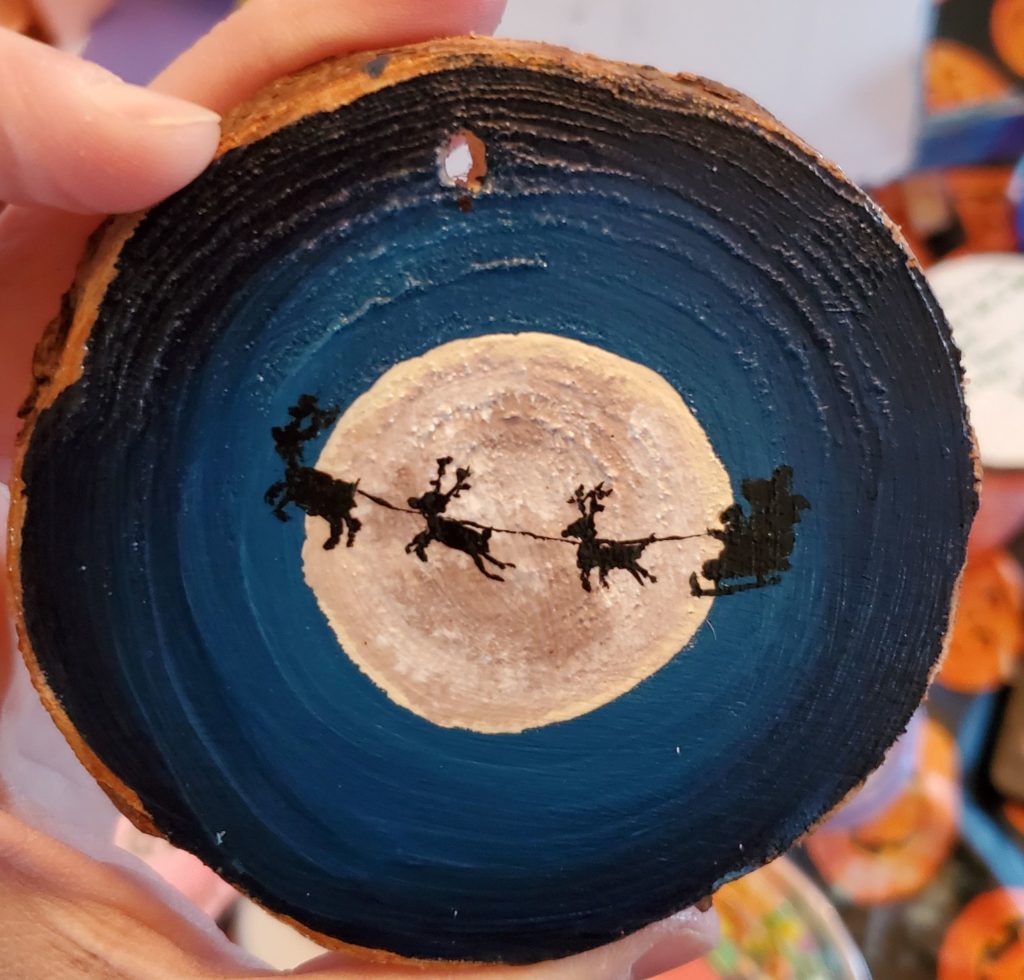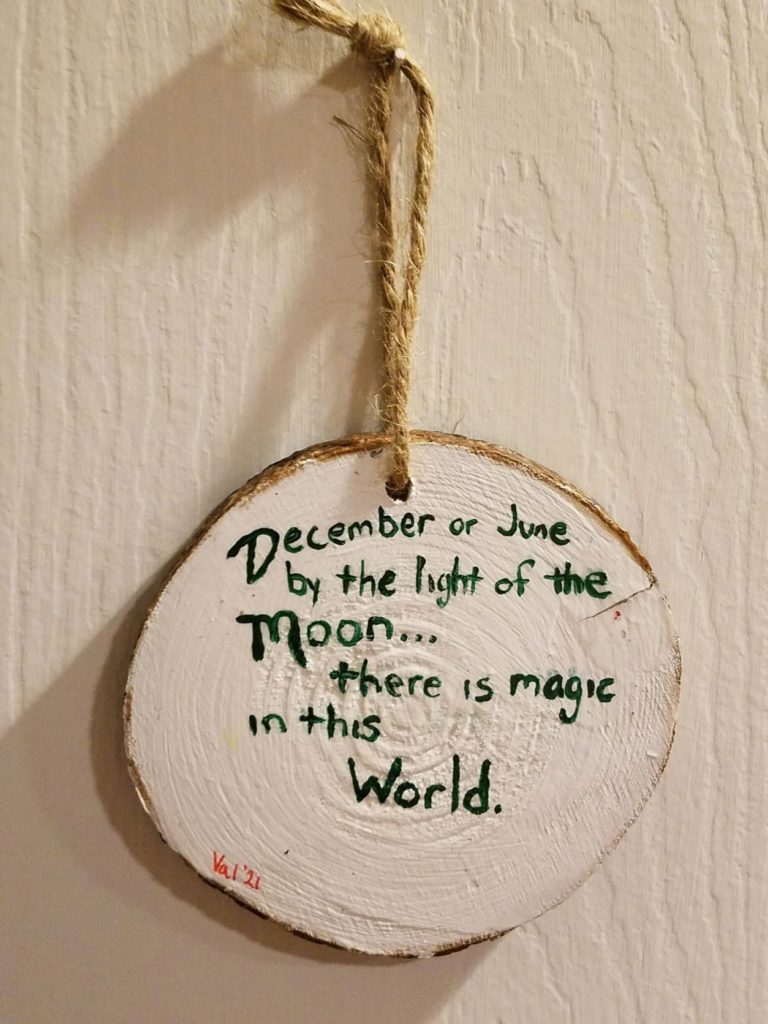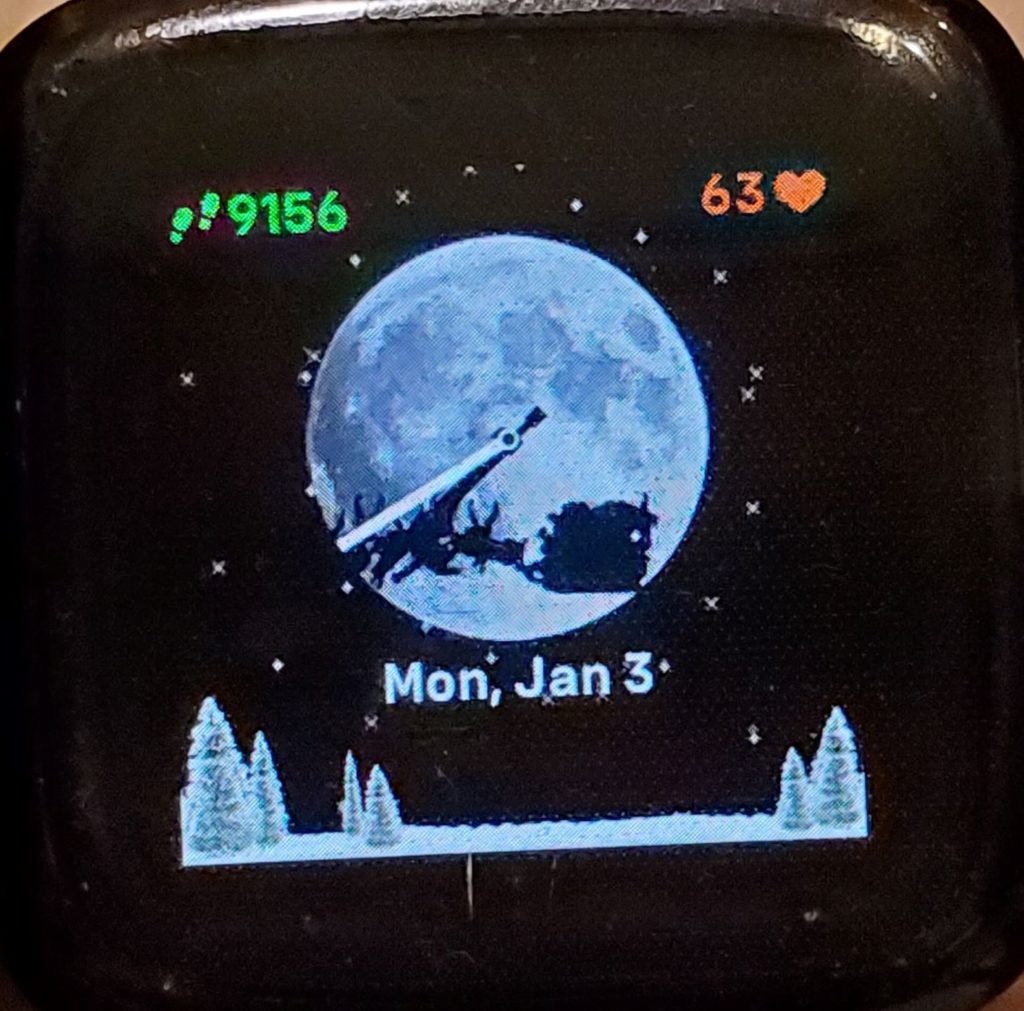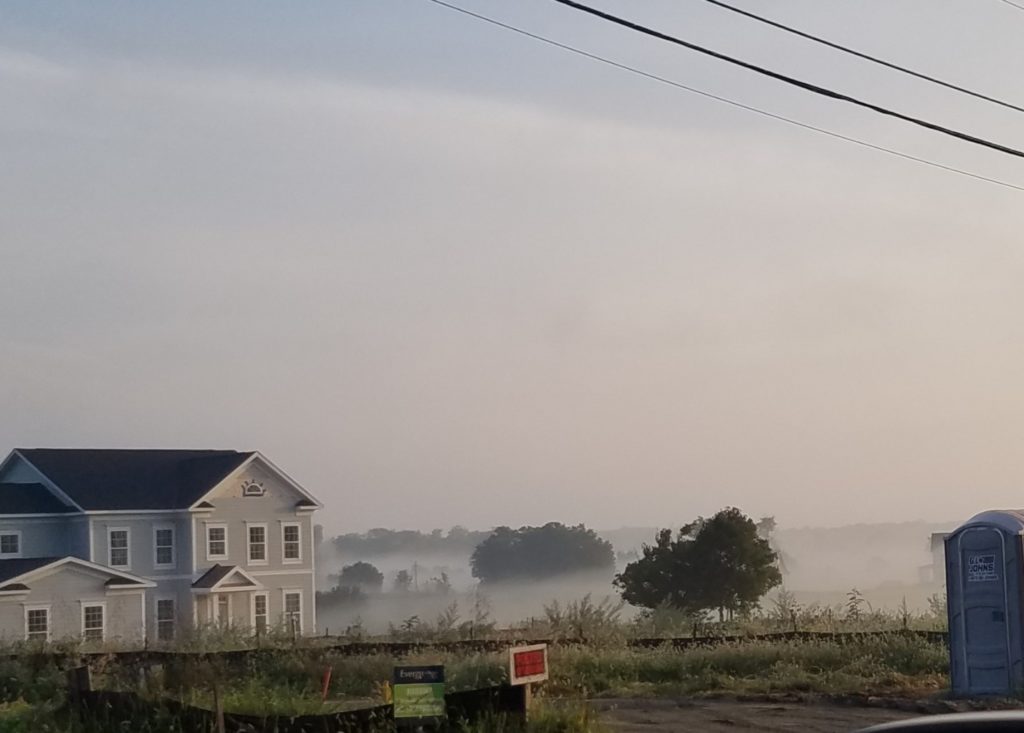Welcome to the Spot Writers. This month’s prompt is “starting over.” Today’s tale comes to us from Val Muller, author of the kidlit Corgi Capers mystery series.
Betrothed
By Val Muller
5
When Evie was five, she met the man she would marry.
He was almost seven—a second grader—and he was on her bus route. His mom got to talking to her dad, and soon the parents let Evie and Trent run wild at the park most days after school. Dad said it was to burn off energy, but Evie knew differently. Evie knew it was so that could better know her future husband. “They’ll get married one day,” Trent’s mom joked.
See? Even she knew.
Evie was fast for a kindergartner, and she could almost keep up with him in a race. She loved the way he sounded when the wind rushed by, him shouting, “Evie, I’m winning!” Evie had watched Labyrinth with her mom before Halloween. Her costume was Jareth the Goblin King. Later, that spring, she brought her Halloween wig and black vest to the bus stop and asked Trent to dress up like the Goblin King. She knew he was the David Bowie to her Sarah. But Trent said no, that he had a girlfriend in the second grade and that he wasn’t interested in kindergartners.
It was the first time Evie’s heart broke, but she knew she could start again.
7
In second grade, the school started a running club. Evie was seven now, and fast. She was chosen as the girls’ captain, the counterpart to Trent on the boys’ team. They took all kinds of pictures together, holding hands, holding medals. They appeared together in the school newsletter, crossing a finish line with their arms in the air, a newsletter Evie kept framed on her desk. This time, she had learned not to hint at their future together, but when the wind blew his long hair back during races, she still felt like Sarah, cheering for her Goblin King.
10
Ten was truly a year of heartbreak. Trent was starting over—without her. He had grown up—a middle schooler, leaving her with the littles. There, he would meet all kinds of new kids—girls—and worst of all was that he no longer got off the bus with her. She poured her energy into the newly-formed robotics club and was the star of the fifth-grade school play. And she ran, of course. She always ran.
12
As soon as she entered middle school, she wished she could start over. High school had to be better than this. Anything had to be better than middle school. Trent played soccer now, and lacrosse, and the middle school track team seemed lonely without him. A seventh grader named Josh asked her out, but she knew it wasn’t meant to be. Trent would come around eventually.
So she watched Trent date girl after girl the way middle schoolers do, flitting like a butterfly from one flower to the next. What she couldn’t channel into running, she let out in drama, and before the end of her first year, she was scoring leading roles in all the plays. Each night she searched the dark sea of eyes for those familiar gray ones, but she never found them in her audience.
For the next two years, she let herself be pulled into the sea of middle school gossip and the frivolous world of dating, but she never took it too seriously. She still had two years left, two years when she and Trent would be in high school together.
14
Evie never knew that a freshman befriending a junior defied the accepted norms of high school social life. She saw Trent in the hall during the first week of school, and he made the briefest second of eye contact. But there was no recognition. Nothing. He looked away. No, not away. Through her. Like he had forgotten. He was surrounded by other guys. Big, grown-up looking guys. Trent had grown up.
She watched him from the safety of her quiet freshman lunch table, where the high school robotics team usually ate. He played football in the fall, but she knew from reading the high school paper the past two years that Trent ran track in the winter. Evie trained hard during the fall cross country season to be in top shape. She would make Varsity and be on the same team as her betrothed once again.
She learned, while training with the boys’ distance team later that winter, that Trent had been dumped right before the Snowflake Ball. He ran warm-ups with her that week, and on Friday asked if she would stand in for his missing date.
When she dressed up in her gown and attended as the only freshman at the dance, she felt like Sarah dancing with Jareth the Goblin King at the whimsical ball. He was nearly hers.
16
Though Evie tried to convince Trent to attend the closer-to-home state college, the engineering program he loved was located across the country. He broke her heart a second time in denying a long-term relationship, telling her he wanted to see what the world had to offer.
18
She didn’t tell him, then, about her plans to join him—it turns out, his college had a great robotics program and even offered her a scholarship to run. When she arrived, he was dating someone, and she quickly was swept into a relationship of her own, a fellow runner.
That winter, the college had a Snowflake Ball, and the irony was not lost on Evie. She chose a gown from the mall that reminded her of the magical night with Trent back in high school. That afternoon, her date was struck with a stomach bug. Evie went anyway, hoping to hang out with friends and enjoy a catered meal. She saw him there, by the punch bowl.
Alone.
His date, too, had succumbed to the stomach bug ravaging campus.
This time, he made eye contact. Then smiled. He put his punch down and approached just as a slow, dreamy song meandered through the room. He held out his hand. “Evie,” he said. “Want to start over?”
She nodded and took his hand and followed her Goblin King onto the dance floor and—finally—into their future.
*
The Spot Writers—Our Members:
Val Muller: https://valmuller.com/blog/
Catherine A. MacKenzie: https://writingwicket.wordpress.com/wicker-chitter/
Phil Yeats: https://alankemisterauthor.wordpress.com
Chiara De Giorgi: https://chiaradegiorgi.blogspot.com/



